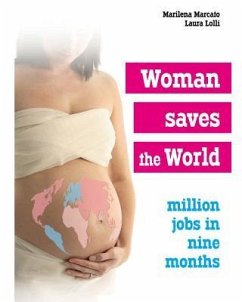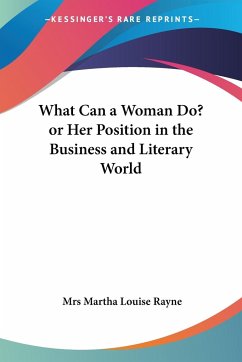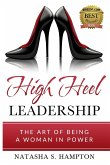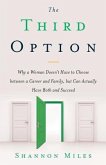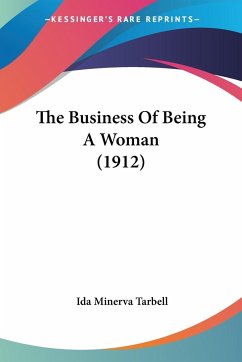Interview with Professor Gotti Tedeschi. Professor Gotti Tedeschi, President of IOR, believes that the strong contraction in the birth rate in the West, with the subsequent ageing population, has caused a rise in the fixed expenses from enterprises and in the social costs (health and pensions), promoting a rise in direct and indirect taxation, and a rise in consumer prices (such as petrol, for instance) and has caused families to go into debt. The demographic drop is therefore the trigger for the present economic-financial crisis. Q. What can be done? A. We need to plan the implementation of policies aiming to support families, with incentives to encourage maternity. Family in fact, not only guarantees a natural progression of society, but it's the main income, saving and development generator of human capital. In order to develop this plan we need a new anthropological vision where the human being is not simply a mean of production or consumption. Demographic dynamics is not a typical topic of discussion because it appears to be metaphysical, but as we discussed before, the changes it will bring about will affect all of us and our future generations. Therefore, the future, seemingly so far out, involves all those young adults who are now 20, who will be 40 in 2030 and 60 in 2050. As a matter of fact this topic is without age, social context and mostly borders because the demographic variations in each country are interconnected in the world demographic synergies. Family is an integral part of the State, which is like a business and as such it has to manage human resources without marginalizing them in the way it has always been doing with women, and with mothers, in particular. Family is the primary unit where to bring up the children who will become part of tomorrow's society and will regenerate the state we belong to.
